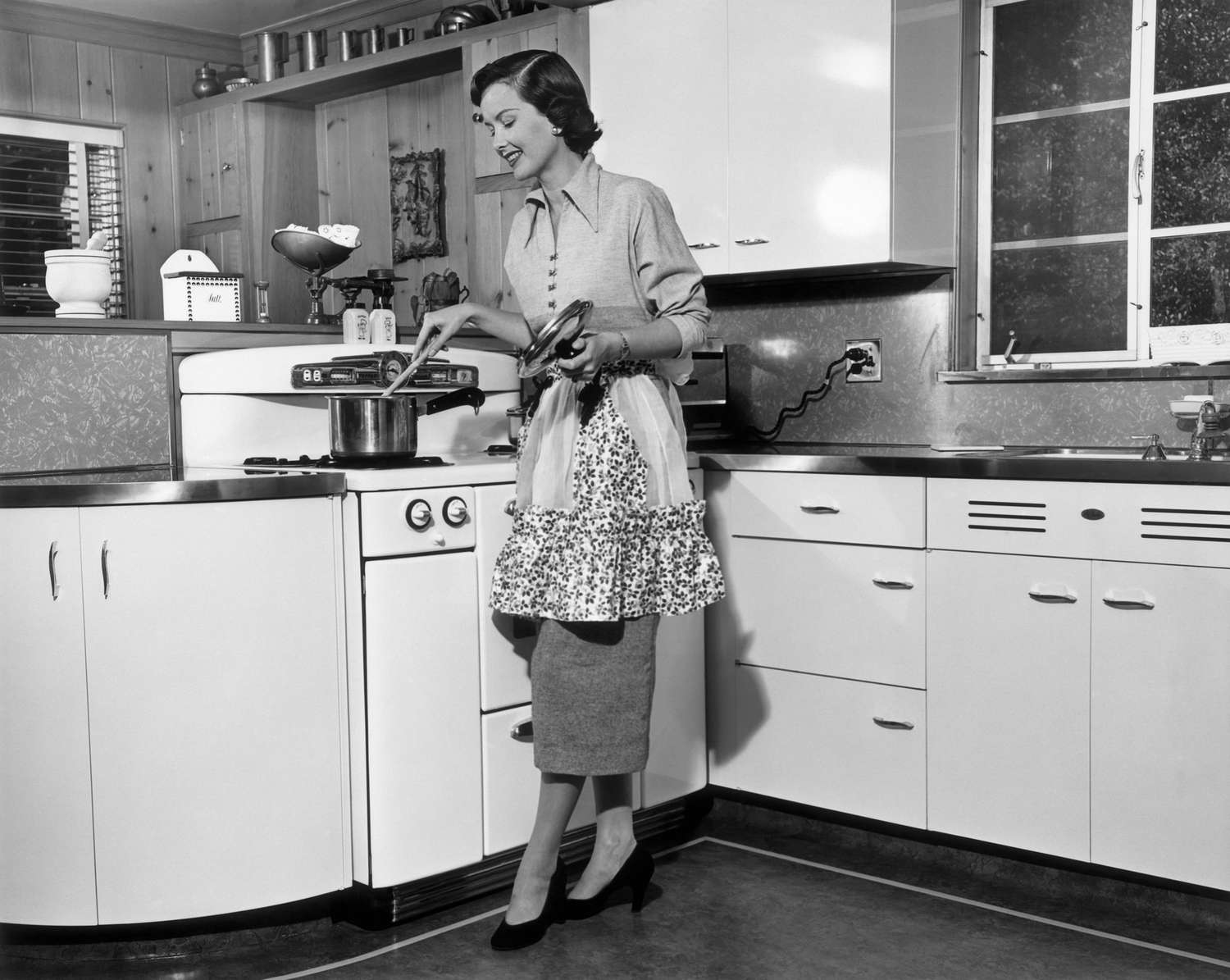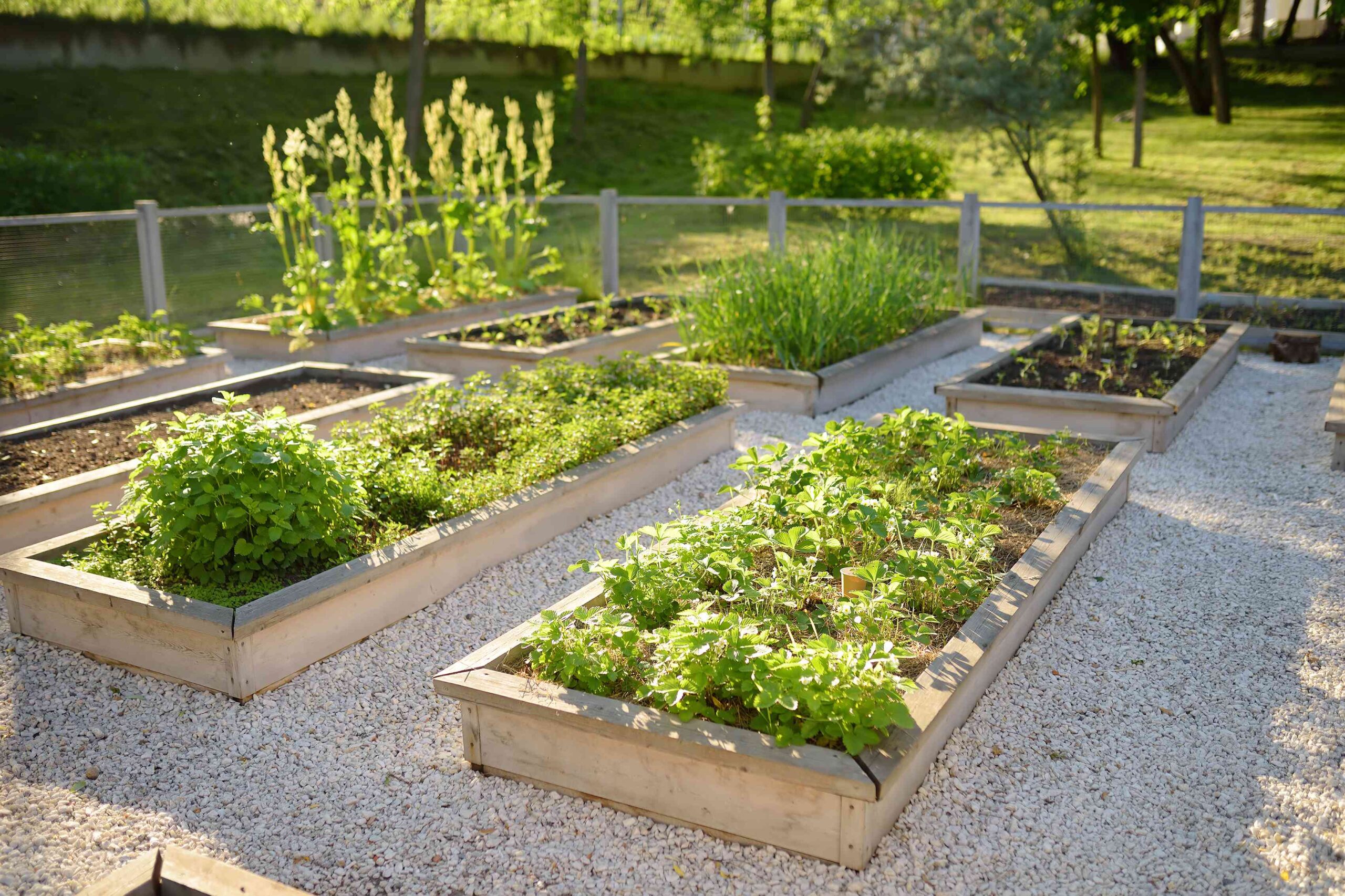5 Smart Tips to Set Your House Sitter Up for Success
:max_bytes(150000):strip_icc():format(jpeg)/ClothandKInd_BHG_5_18_21_RusticWhite007_preview-be23fd678cce4c6ca35acca497dabcee.jpg)
Hiring a house sitter is an excellent way to ensure your home remains safe and maintained while you’re away. Whether planning a quick weekend escape or an extended vacation, sufficient preparation guarantees a smooth experience for both you and the sitter. From communicating essential information to making them feel welcome, use this guide as a checklist before you head out on your next adventure.
1. Start with a Clean, Organized Home
While you don’t necessarily need to deep-clean every room, your home should be clean and clutter-free enough for an outsider to be comfortable in. You should tidy up before your trip anyway, as it’ll feel good to come home to a clean house. Here are some things you should plan to do before your sitter arrives:
- Clear clutter from the areas the sitter will have access to—including the room they’re staying in, the kitchen and pantry, bathrooms, and living areas. While the garage might not be on the top of your cleaning priority list, make sure it has a clear path for the entrance and exit to your home.
- Treat cleaning in preparation for the sitter like you would for hosting guests. Again, focus on the areas that they will spend time in and might notice, such as the countertops as they prepare meals for themselves and any pets. Do a load of laundry so they have fresh sheets and towels during their stay.
- Don’t forget to take out the trash and replace cans with fresh bags. Also, empty t he fridge of expired food or anything that will go bad before you return.
2. Stock Up on Essentials
This is another preparation task that can benefit you just as much as it will the house sitter. Take inventory of your necessities, such as toilet paper, hand soap, nonperishable pantry goods, or pet food, and replenish whatever is low before you leave. This way, your house sitter won’t be left without something important during their stay, plus you won’t have to make any emergency runs to the store as soon as you return home.
3. Leave a Comprehensive Home Manual
Compile all vital information for your house sitter in a binder or a notebook and leave it in a central spot, like the kitchen island, where they can easily refer to it. Be sure to include the following details:
- A list of emergency contacts, including a trusted neighbor and phone numbers for the local fire and police department. Also include the name, phone number, and address of the nearest hospital and emergency vet clinic (if you have pets).
- The Wi-Fi name, password, and router location in case the sitter needs to reset it.
- Instructions and locations for fire extinguishers, thermostats, the home security system (including how to contact the monitoring company), circuit breakers, appliances, and the water main valve.
- If you’re a plant parent, let the sitter know what needs to be watered and how often, for both indoor and outdoor plants.
- The trash and recycling schedule to minimize missing pickup days. If your municipality is picky with what they accept at the curb, also indicate those details.
- Thorough information for your pet(s) if you leave one (or more!) in their care. Include their feeding times and portion sizes, along with any allergies or restrictions they may have. Also, note their bathroom, walk, and play schedules as well as where pet stain removal products are if an accident occurs. If they’re currently on medication, make sure they know where it is, the dosage, and how to administer it.
- If you have landscapers or any other services scheduled while you’re out of town, inform the sitter of the dates and times, as well as their business information in case of any issues.
4. Make Your Sitter Feel Safe
Notating security system details is just one of the things you should do to ensure the safety of your home and your sitter during their stay. Review with them how to properly lock the house, particularly at night before they go to bed, and include all doors and windows. You can preemptively set motion sensor lights on a timer, so it’s one less thing for the sitter to worry about. While you may trust the sitter, it’s also in everyone’s best interest to secure your valuables in a safe.
Providing an emergency contact list is also the bare minimum. Lay out the evacuation plan, both from the house (in case of a fire) and the area (in case of a natural disaster). If you live in a hurricane zone and are vacationing during hurricane season, stock up on necessary supplies so your sitter has all they need in case of an emergency. Also, keep a first-aid kit stocked and accessible for minor cuts, scrapes, and sniffles.
5. Tell Your Sitter Thank You
Lastly, let your house sitter know how grateful you are for their service so you can enjoy your trip with the peace of mind that your home, belongings, pets, and plants are in good hands. These are some things you can do to show them your appreciation.
- Leave a handwritten thank you note that they will see when they arrive (perhaps next to the house manual). As an extra gesture, you can also include a small gift card for a local coffee shop.
- Ask if they have any food preferences or dietary restrictions ahead of time, leave out some snacks for them, and stock up on beverages in the fridge.
- Check in periodically with your house sitter so that they feel comfortable, but not smothered. Let them know the best way to contact you (especially if you’ll be out of the country) and encourage them to reach out with questions so you can both feel confident that things are running smoothly.










